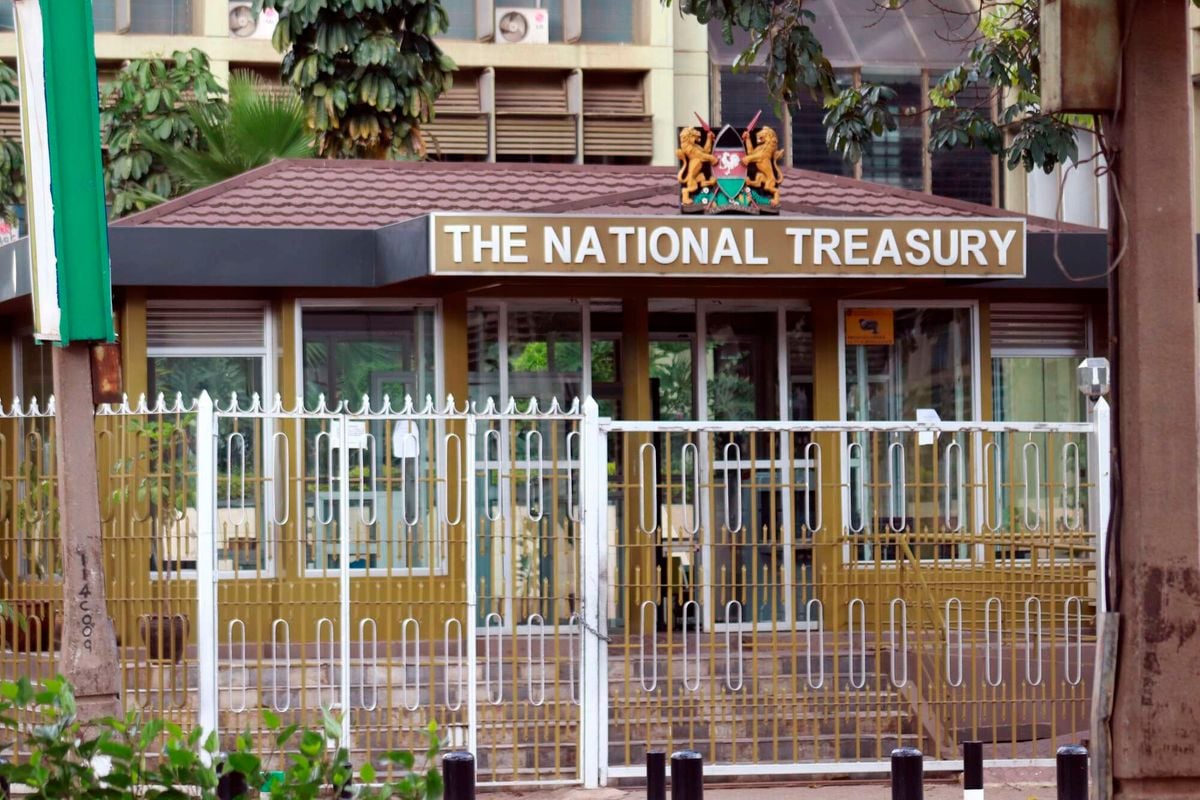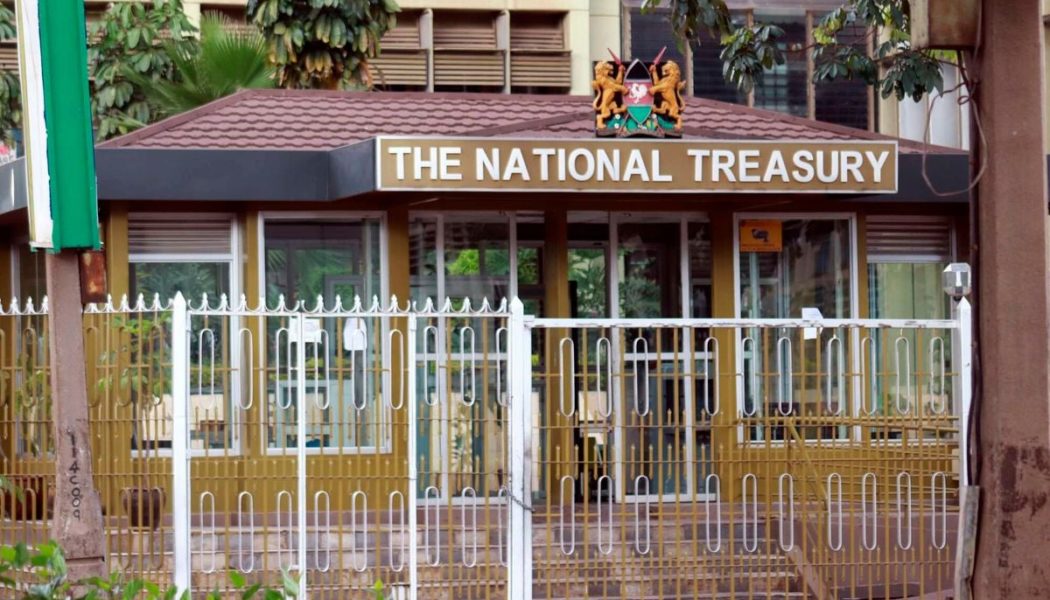
Former Treasury Cabinet secretary (CS) Njuguna Ndung’u has been put on the spot for committing over Sh2.5 billion of public funds to pay taxes for a private electric vehicles (EV) firm, triggering opposition from rival firms.
Treasury offered to settle import duty for 10,000 electric motorcycles and 80,000 lithium-ion batteries imported by Africa Smart Mobility Solutions Kenya Ltd, offering the firm a competitive pricing advantage.
It all started in September last year when the Ministry of Investment, Trade and Industry requested the Treasury to pay 25 percent import duty for the 10,000 motorcycles and 80,000 batteries.
Prof Ndung’u, who was replaced at Treasury last week following a shake-up of the cabinet, on September 6, 2023, informed KRA the State will pay import duty equivalent to 25 percent of the bikes import costs on behalf of Africa Smart Mobility Solutions Kenya Ltd—owned by Africa focused e-mobility provider Spiro.
“After due consideration and in the public interest, the CS for the National Treasury and Economic Planning undertakes to pay the import duty payable in respect of the 10,000 electric motorcycles and 80,000 lithium-ion batteries being imported by Africa Smart Mobility Solutions Kenya Ltd,” Prof Ndung’u said in the letter to KRA Commissioner General Humphrey Wattanga.
Prof Ndung’u said the state will pay the taxes because the East Africa Community Customs Law does not give the Cabinet Secretary the power to offer exemptions on import duties.
“This is in addition to the exemption of Import Decoration Fee (IDF) and the Railway Development Levy (RDL) that was granted vide letter Ref: ZZ/TS/GP/30/2023 dated 21st August 2023 on the same electric motorcycles and the lithium-ion batteries,” the former CS said in a letter seen by the Business Daily.
Rival firms recently attracted to the electric motorcycle revolution unfolding in Kenya reckon that the tax deal has left them disadvantaged and unable to compete with Africa Smart Mobility.
Precarious position
“It has left us in a very precarious position since our products are now expensive, which is killing competition and the morale to invest in this sector,” said an executive of an electric bike company who sought anonymity fearing State reprisals.
He added that Africa Smart Mobility products are trading at nearly 30 percent discount of market prices.
While all importers of electric vehicles enjoy exemption from 16 percent Value Added Tax (VAT) and 10 percent Excise Duty after implementation of the Finance Act, 2023, the Treasury’s action left Africa Smart Mobility Solutions Kenya Ltd with extra benefits of the exemption from Import Duty (25 percent), IDF (3.5 percent) and 2 percent RDL.
The average import price of an electric motorcycle is $1,000 (Sh131, 000 at current exchange rates) and the battery is $700 (Sh91,700).
This means that the State committed to pay an average of Sh40, 000 per electric bike shipped in by Africa Smart Mobility Solutions and Sh28,000 for the lithium battery.
For the 10,000 motorcycles and 80,000 batteries, the exemptions are worth about Sh2.6 billion.
On May 7, 2024, KRA informed Africa Smart Mobility of the tax exemptions on the motorcycles and batteries.
“Details of the consignment are as follows as contained in the Treasury letter; BOL No: MEDUX6374144 & MEDUGW687438, Invoice No: HWICZQ23030-1K, HWICZ23030-3K & HWICZQ23030-5K. You are kindly advised to use the exemption code Do050 to release the subject consignment on Import, Excise Duty, VAT, IDF, RDL free basis,” KRA said in a letter to the e-bike firm.
Treasury Principal Secretary Chris Kiptoo and Mr Wattanga failed to respond to Business Daily inquiries sent on July 24.
Kenya is betting on electric-powered motorcycles, its renewables-heavy power supply and position as a technology and start-up hub to lead the region’s shift to zero-emission electric mobility. A significant share of the electric bikes are acquired through credit paid daily.









